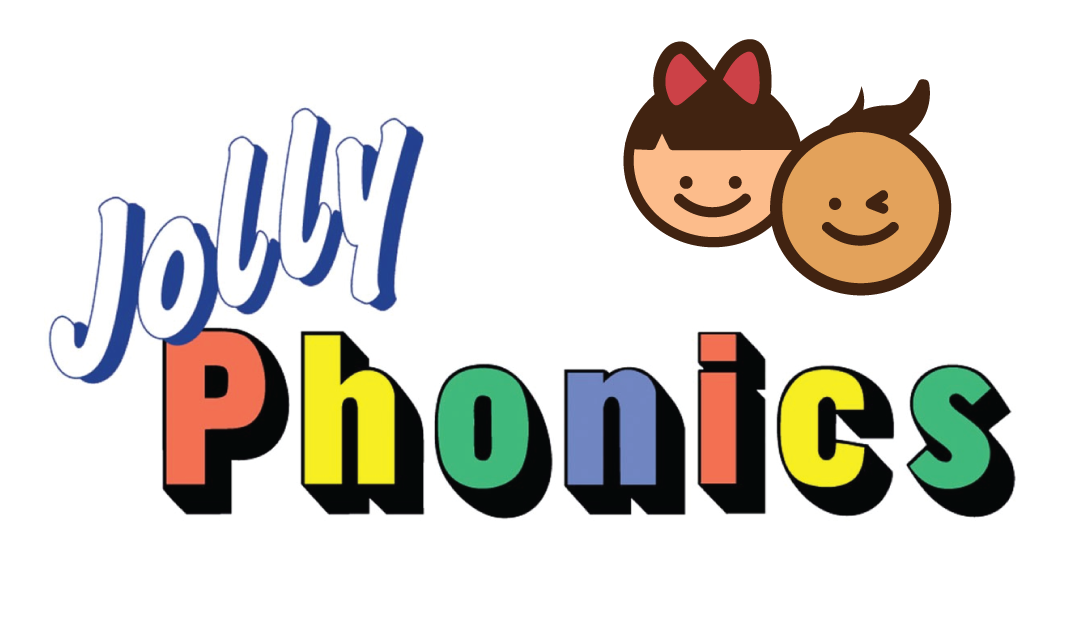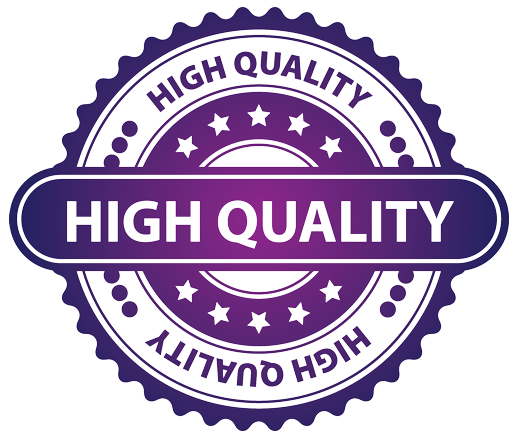Educational Programs and Curriculum
We understand the importance of education and believe that childhood is a unique time of life which should be valued and enjoyed.
We recognise that early childhood is a time when foundations are laid for future health, learning and wellbeing. We use a Reggio Emilia inspired approach to meet the objectives outlined in the National and Victorian Early Years Learning and Development Frameworks; to enhance each child’s emotional and developmental competence in the following ways:
Our curriculum supports:
- Emotional: Self-awareness, Self-control and Self-regulation
- Social: Cooperation, Sharing, Turn-taking, Problem solving
- Physical (fine motor): Small muscle development (cutting, drawing)
- Physical (gross motor): Large muscle development (running, jumping)
- Cognitive: Thinking, Listening, Resolving Conflict and concentration
- Language: Communications, Self-expression, and Self-expression.

In a Reggio Emilia learning environment, children learn meaningful skills that support them through their future education and life. Our unique curriculum supports children throughout the early years as follows:
Infant Education and Care
Toddler Education and Care
Prekindergarten Education and Care
Kindergarten Education and Care
Our Curriculum Inclusions
These are just some of the educational programs included in our curriculum.
School Readiness Program
Our School Readiness Program commences when your child enrols, regardless of their age, and represents a systematic and continuous approach to preparing each child for primary school. Teachers and Educators have developed an extensive school readiness program that ensures that the transition to your child’s school of choice will be a smooth and happy one. Our curriculum encourages independent learning - we provide experiences and activities that are driven by the interests of the children, focusing on their skills and development and assisting them to achieve realistic goals. We believe that children should be transitioned into school settings by giving them the opportunity to experience a school atmosphere prior to attending a school setting. The specific school-related goals and objectives our program consists of:
- Can recognise own name in written format
- Can write own name
- Begins to recognise sounds of the alphabet
- Begins to print a few letters from the alphabet
- Begins to recognise and print a few numbers
- Draws pictures with detail
- Sorts objects according to category
- Demonstrates the concept of opposites
- Hold writing implements using correct grip
- Uses scissors with safety and control
- Recognises shapes and colours
- Can finish a task and tidy up afterwards
- Participates in imaginative play
- Understands sequence of events
- An awareness of road safety and stranger danger.
- Packing their own bag
- Following through on instructions without constant supervision
- Eating out of a lunch box (unwrapping food, eating whole pieces of fruit etc)
- Forming letters on a line going from left to right
- Putting shoes and socks on without help
- Health, hygiene and safety, including road safety, car safety, stranger danger, sun-protective behaviours, dental and oral hygiene, etc
- Interacting positively and politely with adults
- Working in small and large group situations
Note, the above are not essential criteria in determining if a child is ready for school, as every child is different.
Literacy and Phonics Program
We deliver a literacy and phonics educational program using Jolly Phonic educational program. Jolly Phonics is a fun and child centred approach to teaching literacy through synthetic phonics. With actions for each of the 42 letter sounds, the multi-sensory method is very motivating for children and teachers. The sounds are taught in a specific order (not alphabetically). This enables children to begin building words as early as possible. Using a synthetic phonics approach, Jolly Phonics teaches children the key skills for reading and writing. The skills taught in Jolly Phonics:
- Learning the letter sounds: Children are taught the 42 main letter sounds. This includes alphabet sounds as well as digraphs.
- Learning letter formation: Using different multi-sensory methods, children learn how to form and write the letters.
- Blending: Children are taught how to blend the sounds together to read and write new words.

Wellbeing Classroom Program
The Wellbeing Classroom provides a framework to assist in developing long term pedagogy in relation to the wellbeing and social and emotional learning development of children. As part of the Wellbeing Classroom we deliver the Kimochis Educational Program - social and emotional learning. The program teaches children real life skills such as communication, self-control, problem solving and responsibility. Kimochi means “feelings” in Japanese. Kimochis are plush, educational toys designed to help kids identify, understand and manage their feelings in a fun, comfortable way. They are a vital part of The Wellbeing Classroom. You can learn more about Kimochis® by visiting their website www.kimochis.com.


Sustainability and Environmental Program
We see early childhood as a critical period to involve children in sustainability and environment education so they develop lifelong practices that respect and help protect our planet. For children to do this, it is important for them to develop a sense of wonder, belonging to and love of the natural environment, living things and animals.
Creative Arts Program
Encouraging self-expression through art, music and movement is paramount and each child is encouraged to express their creativity. Children are encouraged to explore the materials and are also taught about music and movement. Creative Arts are about enjoyment just as much as participation. See our exhibition of artworks from children of all ages throughout the centre.
Excursions and Enrichment Programs
To enhance and enrich each child’s learning we incorporate additional extra - curricular experiences into our curriculum. Experiences may include puppet shows, indigenous performers, musical performances, magic shows, animal farms, etc.
We will conduct excursions as an adjunct to in-class learning. Parents will receive a written itinerary for any excursions. Parental help with children may be necessary and your assistance and/or permission will be sought in advance.
Cultural Celebrations
The curriculum incorporates activities, stories, rhymes, music and food that acknowledge the many important cultural and religious events celebrated by children attending our centre and in the wider community.
We encourage children to participate in special celebrations. Any celebration being planned for the centre will be detailed in the Centre Calendar or by way of notice.
Join Our Community
Enrol Now